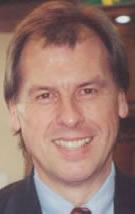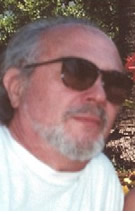
|
Divergent Reasonings and Dialogues of the Deaf : Why Do We Often Find Others
"Irrational" ? My intention is not to expose conclusions but to question the dynamics
of rationality and social discourses, which are at the core of my
latest book – to be published in Paris in a few months – entitled
Dialogues de Sourds, Dialogues of the Deaf. A questioning which can be
summarized as followed: Why Do We Often Find Others “Irrational”?
“ We judge ourselves reciprocally in the same way: we, and the others,
think of each other as fools”. This is how Saint Jérôme describes the
polemics between pagan and Christians. Indeed, Jérôme was right at
least on one score: when they talk about Christians, the pagan
polemicists refute them in the name of Reason; however, they would
never have imagined that these absurd people, these fanatics animated
by feelings of hatred towards life, blinded by their gods, could have
understood them. […] (To download a detailed biography or Dr. Angenot: 
Dr. George Pavlich "On The Subject of Criminal Identification"
George Pavlich is a Professor of Law and Sociology at the University of Alberta. He has published widely in the areas of socio-legal studies, social theory and law, criminological theory, governance studies and restorative justice. He is the author of Justice Fragmented: Mediating Community Disputes Under Postmodern Conditions (Routledge, 1996), Critique and Radical Discourses on Crime (Ashgate, 2000) and Governing Paradoxes of Restorative Justice (GlassHouse Press, 2005). He has co-edited several collections, including Rethinking Law, Society and Governance: Foucault’s Bequest (with G Wickham, Hart Publishing, Oxford, 2001) and Sociology for the Asking (with M Hird, Oxford University Press, forthcoming). He has delivered several keynote addresses, and recently participated in a British Academy symposium inaugurating a new journal (Philosophy and Criminal Law, Springer), for which he is an International Advisor. (For information about Dr. Pavlich and his work, please visit his website) |
